To ensure a sufficient energy supply necessary to undergo differentiation, mesenchymal stem cells (MSCs) undergo a metabolic switch, lowering glycolysis and increasing mitochondrial respiration. As a consequence of increased mitochondrial metabolism the levels of endogenous reactive oxygen species (ROS) rise. Here Catalina Gomez-Puerto together with Magdalena Lorenowicz have characterized the anti-oxidant role of the Forkhead transcription factor FOXO3A in controlling ROS levels in human MSCs during osteogenic differentiation. Their findings support a model where MSC differentiation activates a FOXO-mediated autophagy program to cope with elevated ROS levels resulting from the increased osteoblast mitochondrial respiration. These new molecular insights into osteoblast generation provide an important contribution to our understanding of bone physiology This work has been accepted for publication in Autophagy.
Regulation of hematopoietic stem cell function by autophagy
Autophagy is a highly regulated catabolic process that involves sequestration and lysosomal degradation of cytosolic components such as damaged organelles and misfolded proteins. While autophagy can be considered to be a general cellular housekeeping process, it has become clear that it may also play cell type-dependent functional roles. In this study by Catalina Gomez-Puerto, and in collaboration with UMC Groningen, the functional importance of autophagy in human hematopoietic stem cells (HSCs) has been evaluated. Autophagy was found to be an important regulatory mechanism for human HSCs and their progeny, reducing cellular stress and promoting survival. This work has been accepted for publication in Stem Cells.
FOXP3, a novel tumor suppressor in lymphoblastic leukemia?
T cell acute lymphoblastic leukemia (T-ALL) frequently involves aberrant expression of TAL1 and LMO2, oncogenic members of the TAL1 transcriptional complex. Transcriptional activity of the TAL1-complex is thought to have a pivotal role in the transformation of thymocytes, and is associated with a differentiation block and self-renewal. The transcription factor FOXP3 was recently described to be expressed in a variety of malignancies including T-ALL. Veerle Fleskens' study, performed while a PhD student in the Coffer Lab, provides initial evidence for a novel role of FOXP3 as a tumor suppressor in T-ALL, through modulation of TAL1 transcriptional activity. This work has been accepted for publication in Oncogene.
The Coffer Lab is moving!
The Coffer Lab is relocating to the Regenerative Medicine Center (UMC Utrecht) at the new Hubrecht building. The move will take place on the 10th November 2015. You can find us on the 5th floor and contact information is available elsewhere on this website.
Congratulations Dr. Stephin Vervoort - PhD Survivor !
Congratulations to Stephin Vervoort for successfully defending his PhD thesis on Tuesday 13th October 201!. In this work, Stephin has characterised the global epigenetic and transcriptional changes regulated by the transcription factor SOX4. SOX4 is a developmental transcription factor whose expression can become deregulated in a variety of cancers. Stephin's work defines a clear role for SOX4 in breast cancer progression and more specifically metastasis. This work was funded by a grant from the Dutch Cancer Foundation (KWF).





